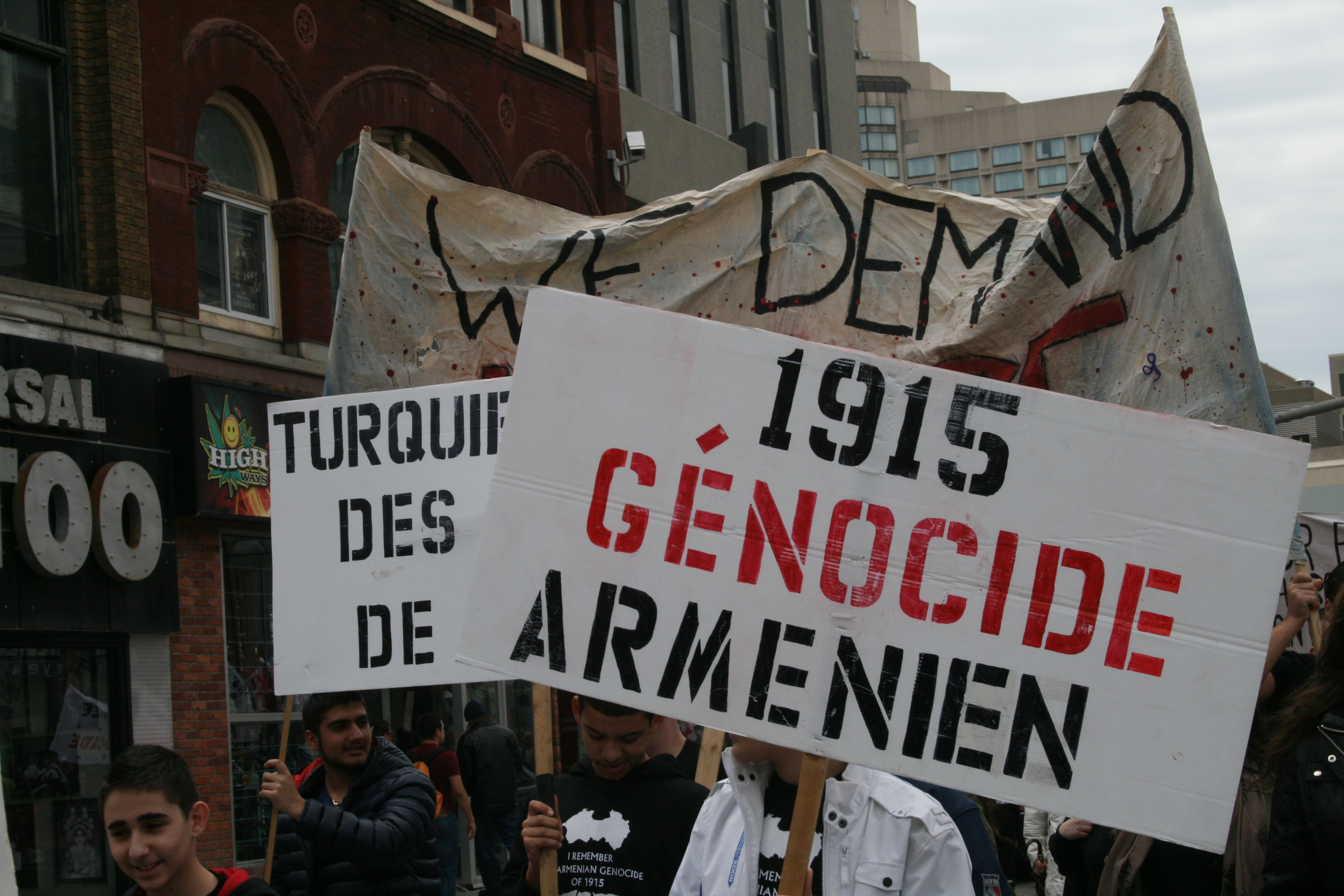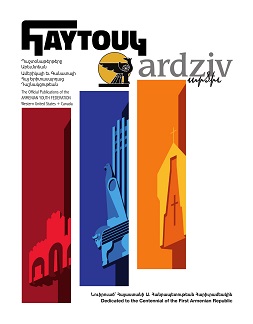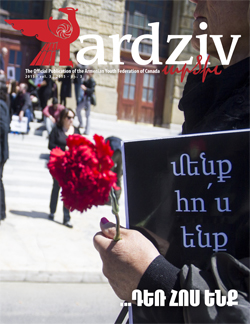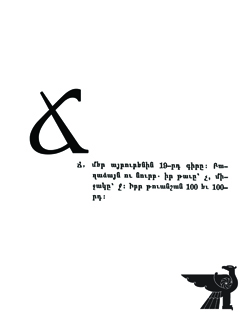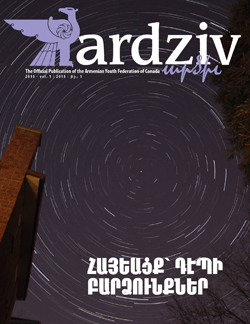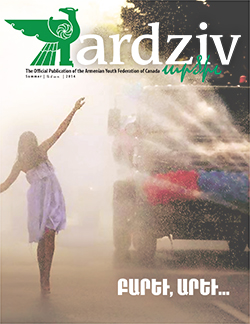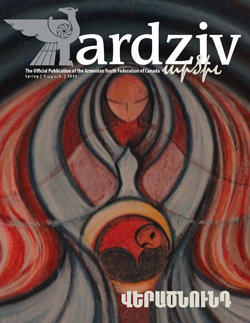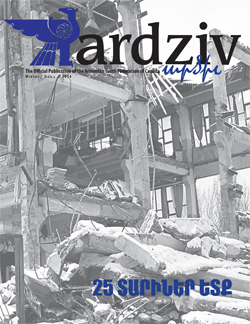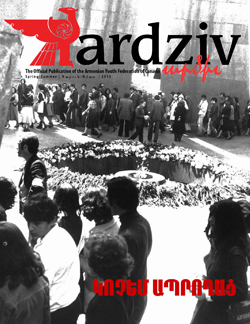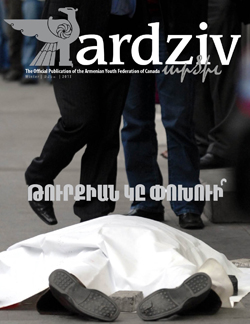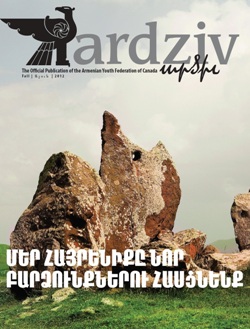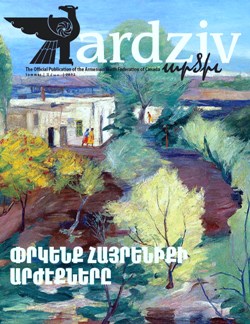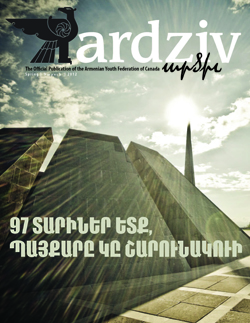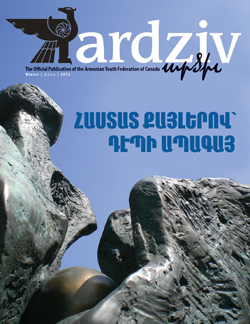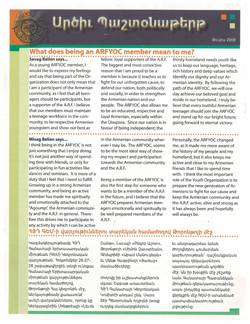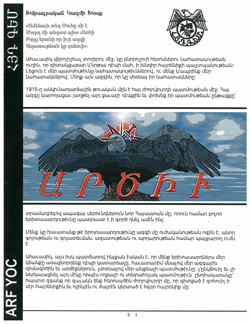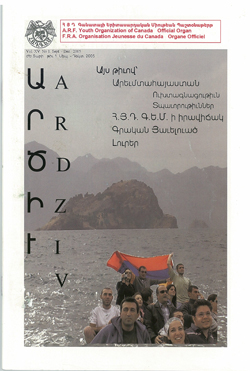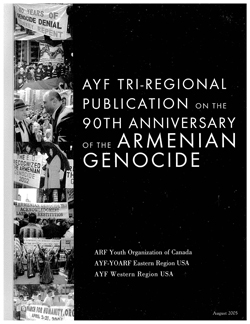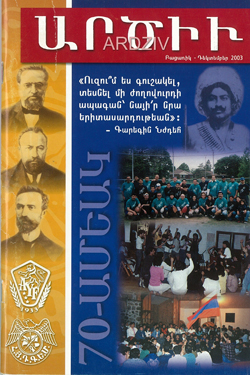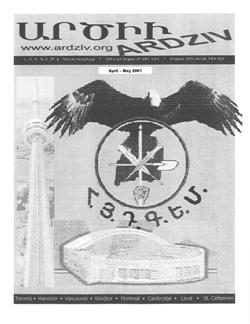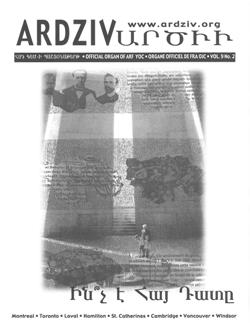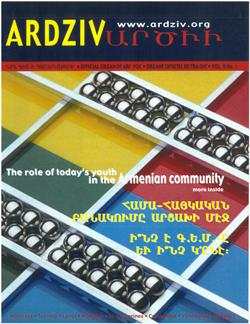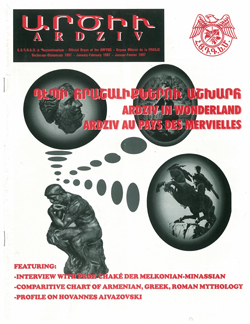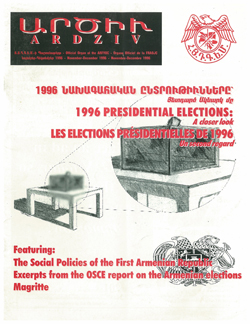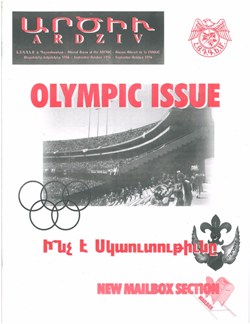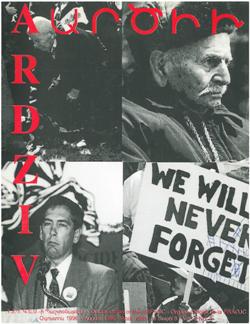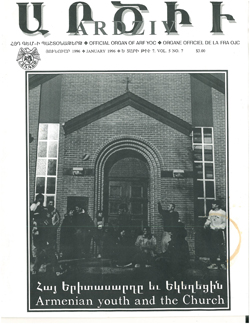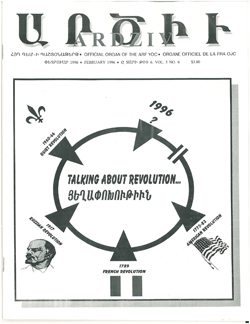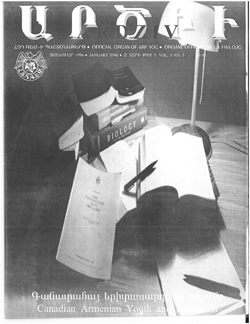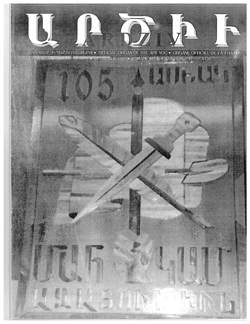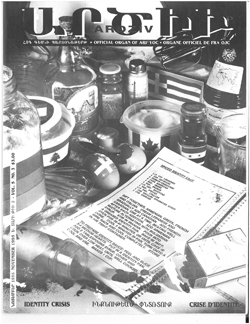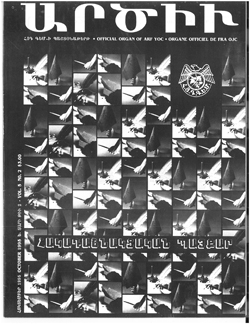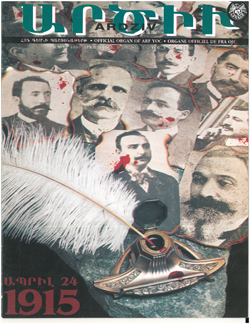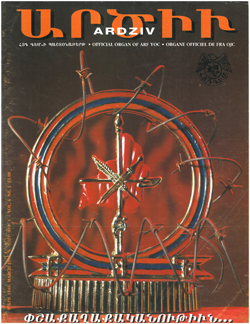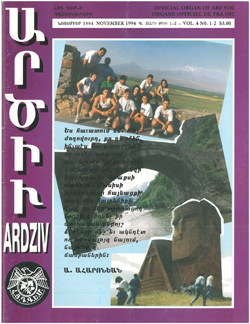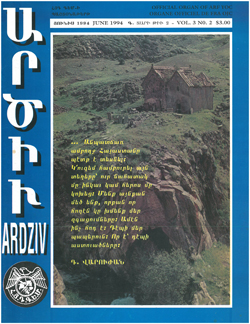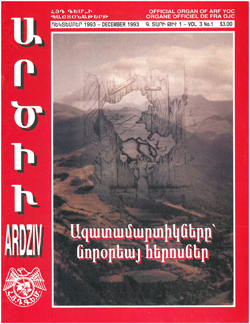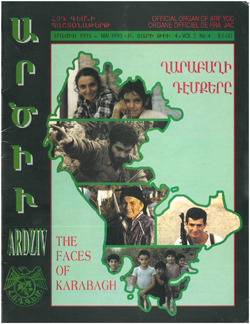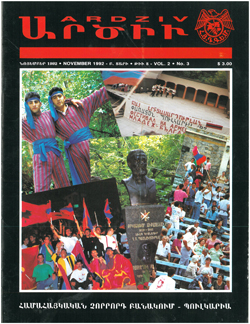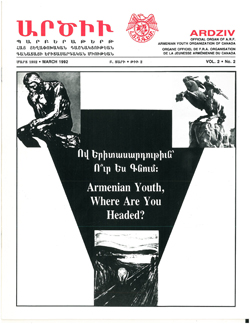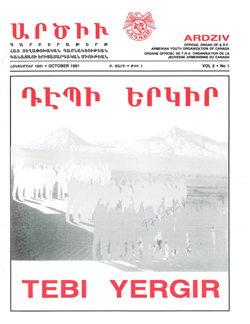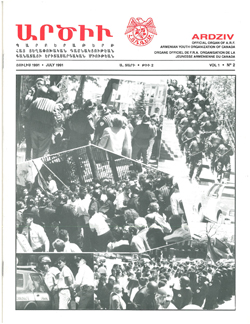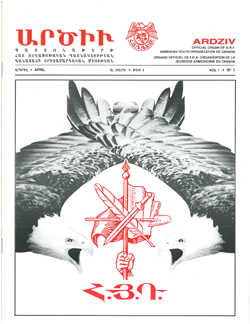The Crown on Mine
By: Varak Babian | Posted on: 30.07.2013Warning: Undefined array key "ssba_bar_buttons" in /home/u108981792/domains/ardziv.org/public_html/wp-content/plugins/simple-share-buttons-adder/php/class-buttons.php on line 602
Warning: Undefined array key "ssba_bar_buttons" in /home/u108981792/domains/ardziv.org/public_html/wp-content/plugins/simple-share-buttons-adder/php/class-buttons.php on line 602
Warning: Undefined array key "ssba_bar_buttons" in /home/u108981792/domains/ardziv.org/public_html/wp-content/plugins/simple-share-buttons-adder/php/class-buttons.php on line 602
Warning: Undefined array key "ssba_bar_buttons" in /home/u108981792/domains/ardziv.org/public_html/wp-content/plugins/simple-share-buttons-adder/php/class-buttons.php on line 602
Many great men and women, much more eloquent and silver tongued than I, have spilled ink over the role of injustice in our world. While we must remember that “the moral arc of the universe bends at the elbow of justice”, that “At his best, man is the noblest of all animals; separated from law and justice he is the worst” and especially that “injustice anywhere is a threat to justice everywhere”- we, as a community, are unique in our situation: living in a country near synonymous with being just, having inherited one of the greatest injustices of modern history. Every year on April 24th we gather and reflect on this duality, we commemorate those countless victimised souls and look at the world around us- pointing out the legacy of inequality that continues every day. This year, two years away from the centennial commemoration of the darkest page in our inherited history, we take a moment to reflect on the current state of our world.., and to look at our adopted home and how we hope it stands up to constant and changing pressures and continues to be a beacon of justice in the world.
In 2004, during the 89th anniversary of the Armenian genocide, the Canadian House of Commons recognized the Armenian genocide by passing Motion M-380, which stated “that this House acknowledges the Armenian genocide of 1915 and condemns this act as a crime against humanity.”
And with the official statement made by Prime Minister Stephen Harper in 2006, the Canadian-Armenian diasporan community as a whole, after approximately 25 years of persistent and hard work, reached its goal of having the Armenian genocide recognized in Canada. The Canadian government was able to recognize the Armenian genocide of 1915 that had greatly affected the lives of many of its citizens. By doing so, it proved that it had become a moral example for other countries – a role it had aspired to for many decades.
The government of Turkey continues to deny the Armenian genocide, not only in its own country, but tries to implement this policy of denial throughout the world; even here in Canada. Recently, through the mouthpiece of Turkey’s Ambassador to Canada, Mr. Tuncay Babali, there has been an active effort to reverse the Harper government’s decision to formally recognize the Armenian genocide committed by the Ottoman Empire between 1915 and 1923.
Recently, in an interview with the Canadian Press, Ambassador Babali stated that the decision to brand the massacre of Armenians by the Ottoman government as genocide hinders a potentially lucrative trading relationship between Canada and Turkey. The ambassador is quoted as saying that, “It cannot be business as usual while accusing a nation of genocide. It’s a serious allegation. It needs to be substantiated, legally, historically.”
Ambassador Babali’s stance that the recognition of the genocide hinders the economic partnership between the Canada and Turkey is not only is a historically inaccurate example of genocide denial and an insult to the thousands of Armenian-Canadian decedents of the Armenian genocide, but is also a clear case of the Turkish government lobby’s policy of intimidating and bullying nations, which have recognized the genocide.
In this regard, His Excellency Mr. Armen Yeganian, Ambassador Extraordinary and Plenipotentiary of the Republic of Armenia to Canada has been integral in underlining the unacceptability of Turkey’s policy of denial, especially here in Canada.
Internationally, a troubling example of the human price resulting from great powers remaining silent about past genocides is the ongoing crisis in Darfur. A near century later, the example set by the Ottoman Empire against the Armenians in 1915 continues, as tactics such as starvation and deportation are continued to be used in Darfur. The denial coming from there today, echo the same themes used by Turkey to deny the Armenian Genocide. Further east, the Rohingya minority in Myanmar faces mass killings and rapes, burning of villages, arrests, forced labour, and torture. The current situations in Palestine and Syria have been labelled ethnic cleansing by some- without getting muddled in the details, we can be sure that to echo “justice delayed, is justice denied.”
I ask you to take a moment now to meditate on 100 years. Nearly 100 years have passed and we are left with an always present scar, infected with sorrow and the want for redemption. Years of writing a book without the final chapter completed, and years of laying in perpetual wait for a world where standing for the true and right is praised. 100 years of remembering, lobbying and most importantly- rebuilding. There are those voices that try to tell us to “forget it- it was all more than a lifetime ago”. To those crude few, we would like to point out that those dark events of 1915 are still very much alive and as “denial” is generally viewed as the 8th and final stage of genocide- there is a crime still being committed against us, every single day that we need to even put forth the inane suggestion that our common history and the story of our mothers and grandmothers is anything but the cruelest of truths.
I had the unique opportunity to spend an extended period of time in Armenia last year, climbing up to Dzidzernagapert to lay my flower at the foot of that never ending flame, on April 24th. As I looked around then to the scores of faces, strangers only in the sense that we had not yet met- I realized that while Armenia and the injustices done to her and her children may be low on the international totem pole of priorities, it must remain as the crown on mine and all of those born of this sad but proud fate.
As I express these words on papet, I can only ask that you allow me to share my own modest and personal hope with you. It is with my most honest and sincere voice that I share with you that I desire never to write an article like this again. I hope I am never asked to sit and try to find a balance between sadness, anger, frustration and optimism. I hope I am never asked to look around and see where injustice continues today and to remember what great words great people have said about “never again.” It is my most heartfelt wish that if I ever find my way writing about this theme again, it is only to reflect, honour the memories of our victims, and then to thank Turkey and the rest of the world for accepting the past and working very hard to ensure a more just future.
